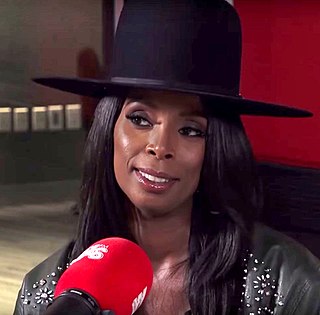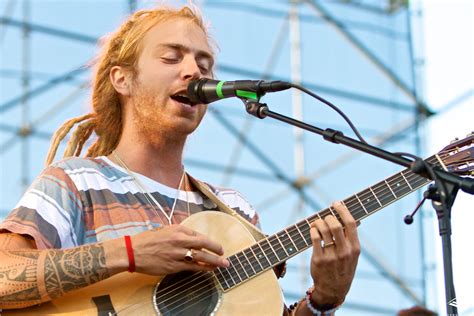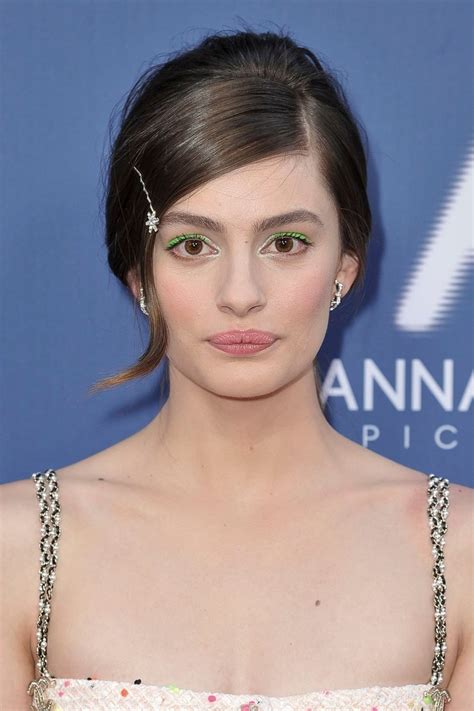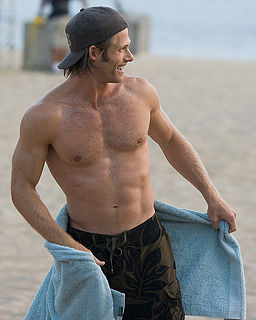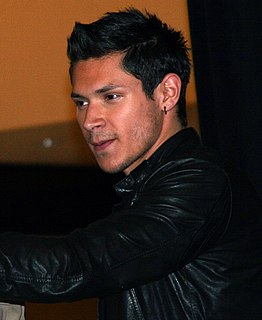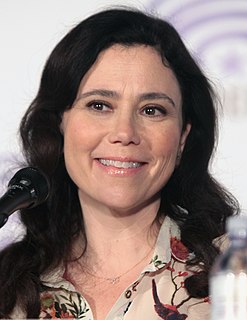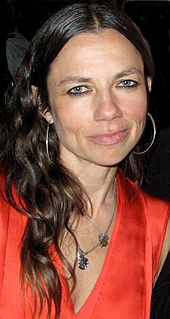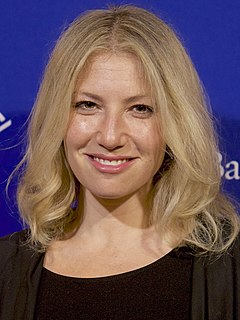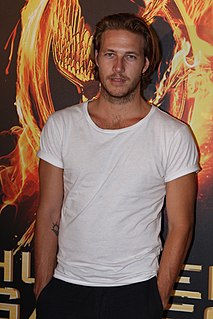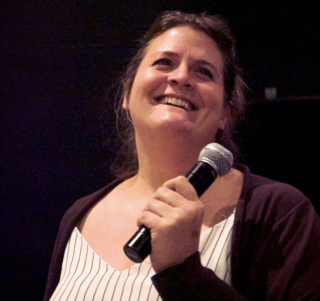A Quote by Tasha Smith
I felt like I was literally losing myself as being the joyful, spiritual, passionate, exciting woman that I naturally had been.
Related Quotes
I felt a certain modicum of success because I had been paid well to be an actor for the first time in my life, but I felt like I had done adolescent work on the show, and stepping into the New York theater arena was the first time I felt like I'd come into my own. I felt like I was proving myself in a gladiatorial arena.
I literally would go to see Tina Turner any opportunity I had because being in the presence of Tina Turner was like being in the presence of transformative energy, and feminist transformative energy. I remember thinking to myself, whatever this is, it's revolution. Whatever this is, it's change embodied in a woman.
European democracy was originally imbued with a sense of Christian responsibility and self-discipline, but these spiritual principles have been gradually losing their force. Spiritual independence is being pressured on all sides by the dictatorship of self-satisfied vulgarity, of the latest fads, and of group interests.
